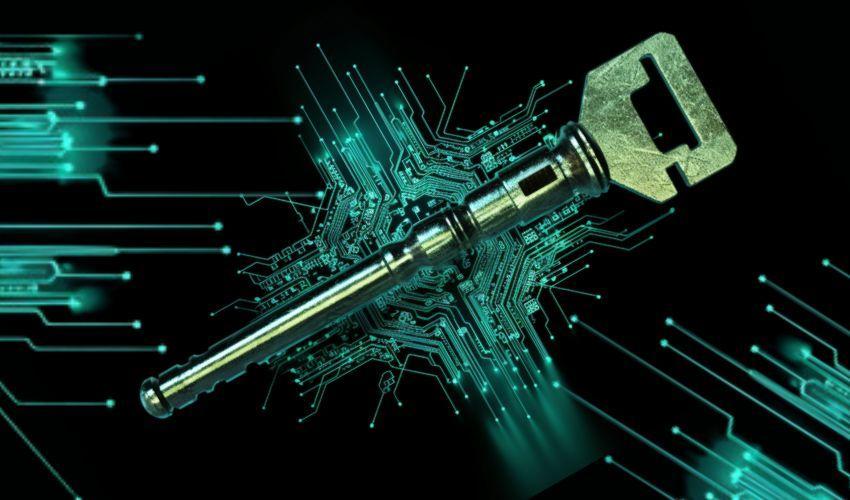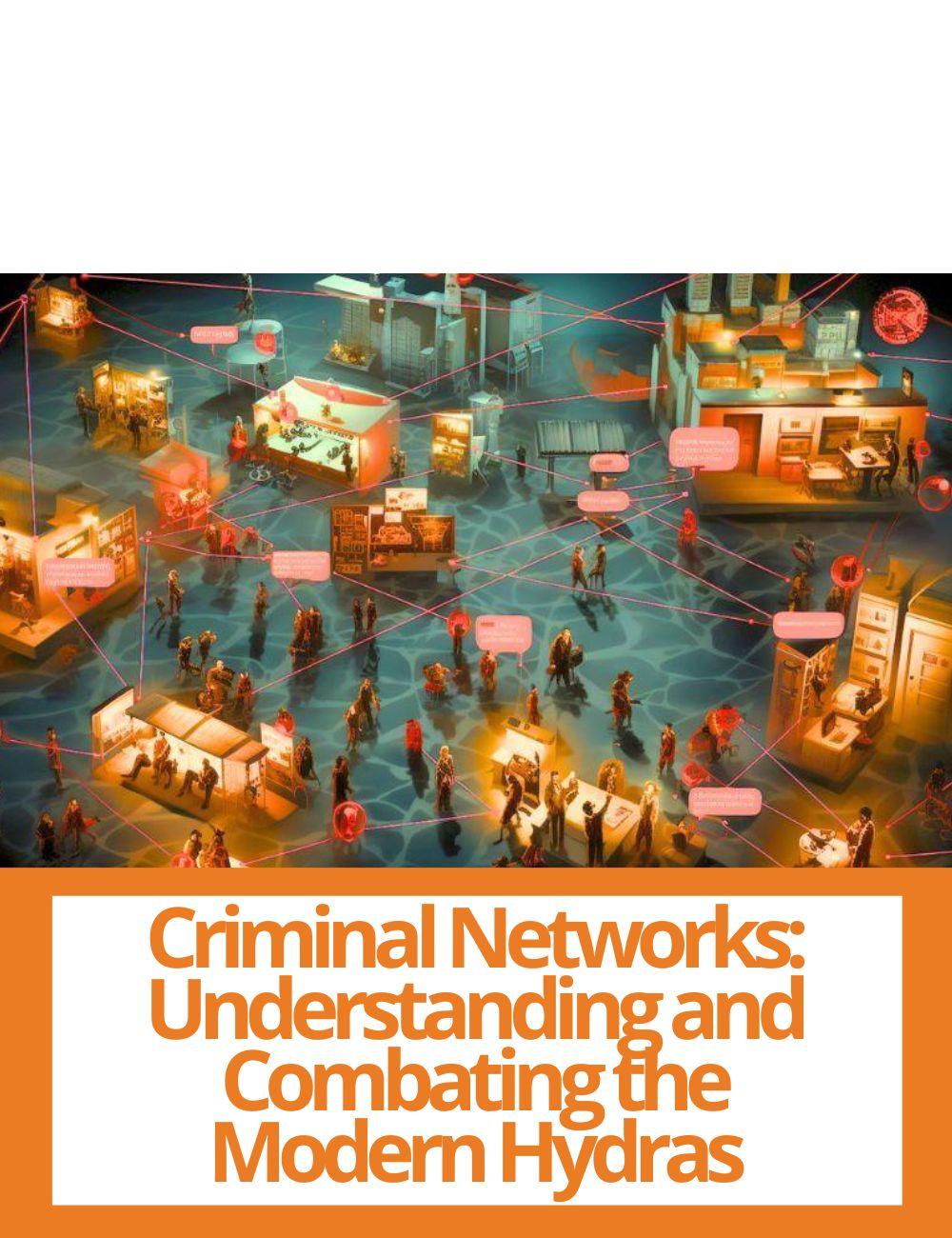
How We Will Defend Against Quantum Hackers
GIULIO MALAVOLTA'S PROJECT, FUNDED BY THE EUROPEAN RESEARCH COUNCIL, EXPLORES THE EVOLUTION OF CRYPTOGRAPHY IN A POST QUANTUM ENVIRONMENTWe all hope that the data stored on our computers or in clouds remains secure not just for a few weeks but for many years, ideally forever. However, we know (because it can be formally demonstrated) that the advent of quantum computers will render today's defenses useless while simultaneously opening the door to the creation of new and more powerful cryptographic protocols.
“From a defensive standpoint, the goal is to maintain the status quo,” says Giulio Malavolta, an Assistant Professor in the Department of Computer Sciences who has been awarded a €1.5mln Starting Grant from the European Research Council (ERC) to study these developments. “From a constructive perspective, many interesting avenues open up, including the creation of completely digital quantum money. Quantum information, in fact, possesses properties derived from physics that prevent it from being copied.”
Malavolta's project, ObfusQation (Code Obfuscation in a Quantum World), deals with obfuscation, a cryptographic technique of which he says with a smile, “if cryptographic techniques were the rings of Tolkien, obfuscation would be the One Ring, capable of mastering all the others.” As a matter of fact, it can be proven that achieving obfuscation is equivalent to using all available cryptographic techniques in a condensed form.
Obfuscation is used to prevent the reverse engineering of a cryptographic algorithm. The code of cryptographic algorithms is made complex and difficult to interpret before being made public, much like the source code of any computer program, which is available to the public only as executable code written in binary language (sequences of 0s and 1s). Anyone attempting to make changes to a program would not be able to do so starting from the available binary code.



With the ERC-funded project, Malavolta aims to, on one hand, develop new obfuscation techniques capable of withstanding attacks from quantum algorithms and, on the other hand, to create tools to obfuscate quantum algorithms.
“Research in quantum computing and cryptography,” explains Malavolta, “has been developing in parallel over the past few decades, but now that we are beginning to see the first small-scale prototypes of quantum computers, the issues are becoming more urgent.”
by Fabio Todesco
